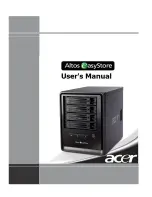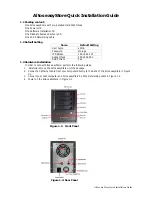
Figure 16. Removing the front bezel with the LCD panel
Next steps
Installing the front bezel
The procedure to install the front bezel with and without the LCD panel is the same.
Prerequisites
1. Follow the safety guidelines listed in the
.
2. Locate and remove the bezel key.
NOTE:
The bezel key is part of the LCD bezel package.
Steps
1. Align and insert the tabs on the bezel into the slots on the system.
2. Press the bezel until the release button clicks in place.
3. Lock the bezel.
Installing and removing system components
31
















































